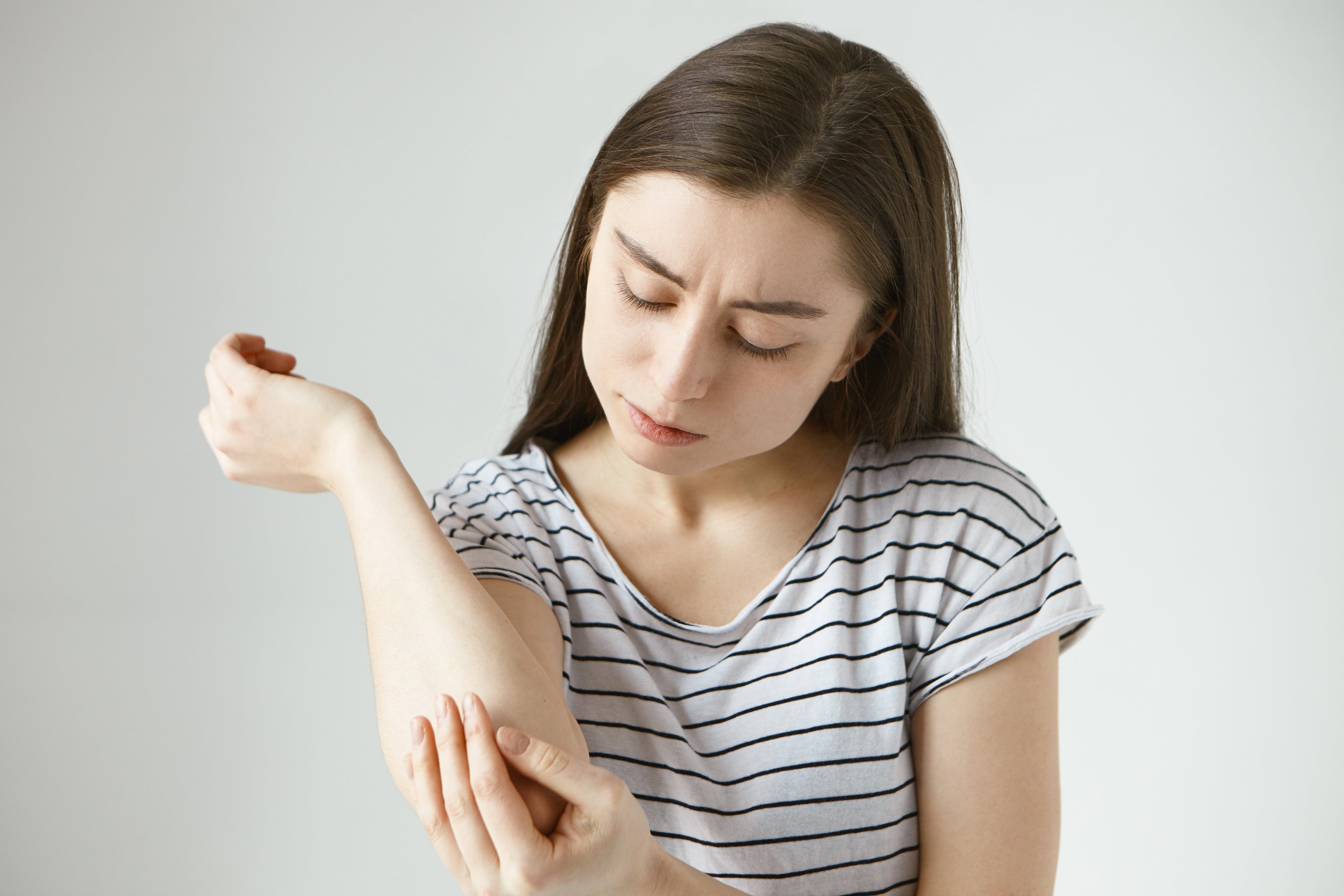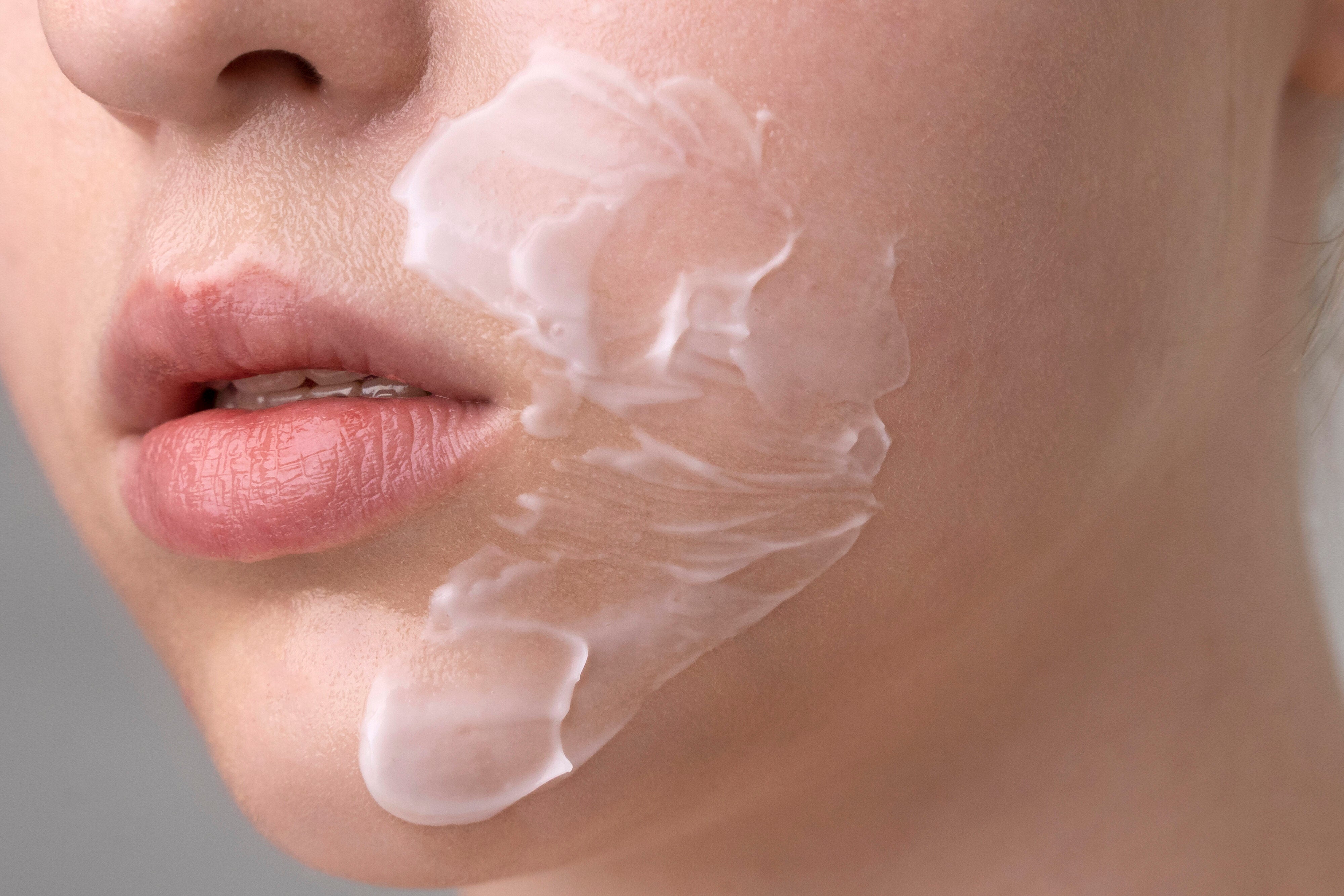The Link Between Anxiety and Itching and 8 Relief Strategies You Need

Stress and anxiety can manifest in surprising ways, and one of the more common yet frustrating symptoms is itchy skin. If you’ve ever wondered, “Can stress cause itchy skin?”, the answer is yes. Stress and anxiety can trigger or worsen itching, creating a cycle that’s hard to break. Let’s explore the connection between anxiety and itching, common related skin conditions, and practical strategies to find relief.
How Anxiety Causes Itchy Skin
When you’re stressed, your body releases hormones like cortisol and adrenaline. These hormones can overstimulate your nervous system, leading to itching sensations. Additionally, stress can weaken your skin’s natural barrier, making it more prone to irritation and dryness. This combination of nervous system activation and compromised skin health often results in persistent or even uncontrollable itching.
For some people, the itching feels like a tingling, prickling, or crawling sensation, even when there’s no visible rash. This phenomenon, known as “stress itching,” can appear anywhere on the body and is usually worse during moments of heightened anxiety.
The Skin-Itching Anxiety Cycle
Unfortunately, anxiety and itchy skin often perpetuate each other. Feeling itchy can heighten stress levels, which in turn worsens the itching. This cycle can lead to compulsive scratching, skin damage, and even infections. Breaking this cycle requires both addressing the physical symptoms and managing underlying stress triggers.
Skin Conditions That Worsen with Anxiety
Stress and anxiety can aggravate various skin conditions, making them harder to manage. Here are five common conditions where stress plays a significant role:
1. Psoriasis

Psoriasis is a chronic autoimmune condition that causes the rapid buildup of skin cells, leading to red, scaly patches that can itch, crack, and sometimes bleed. Stress and anxiety are known triggers for psoriasis, as they can worsen inflammation and accelerate skin cell production. Managing anxiety is often a key part of reducing flare-ups and improving overall skin health.
Related: Different Types of Psoriasis: What You Need to Know
2. Eczema

Eczema, a chronic skin condition characterized by redness, itching, and inflammation, often worsens during stressful periods as sufferers report increased itching and flare-ups.
Related: What Causes Eczema? Understanding the Triggers and How to Manage Them
3. Rosacea

Rosacea is a chronic skin condition that causes redness, visible blood vessels, and sometimes small, pus-filled bumps, typically on the face. It can also lead to itching and discomfort, especially during flare-ups triggered by factors like stress.
Related: Common Rosacea Triggers You Should Avoid and How to Manage Flare-Ups
4. Contact Dermatitis

Stress can weaken your skin’s barrier, making it more reactive to irritants like soaps or fabrics. This can lead to contact dermatitis, a skin condition that causes redness, itching, and inflammation when your skin comes into contact with certain substances. Anxiety and stress can act as triggers, increasing the likelihood of flare-ups or making symptoms worse.
5. Hives

Stress can also trigger your body to release histamines, which are chemicals involved in allergic reactions. This release may lead to the development of hives—raised, red, and itchy welts on the skin that can appear suddenly. Hives can vary in size, ranging from small spots to larger patches, and may even join together to form bigger areas of irritation. These welts can show up anywhere on the body and often cause discomfort, sometimes lasting for a few hours or even days depending on the severity.
How to Deal with Stress Itching
If stress is making your skin crawl, there are actionable steps you can take to find relief. Here are eight strategies to help you manage stress itching:
1. Determine the underlying cause and condition
Consult a dermatologist to rule out skin conditions like eczema or contact dermatitis. Identifying the root cause is key to effective treatment.
2. Moisturise regularl

Propaira Moisturising Cream - 500 mL
Keeping your skin hydrated strengthens its barrier and reduces itchiness. Opt for fragrance-free moisturizers formulated for sensitive skin.
3. Use anti-itch creams or ointments
Look for creams containing hydrocortisone or calamine to soothe itchiness.
4. Avoid irritants
Identify and eliminate common triggers for sensitive skin like harsh soaps, perfumes, or tight clothing.
5. Take cool, short baths
Soothing cool baths, especially with oatmeal or baking soda, can ease itching. Avoid hot water, as it may worsen dryness.
6. Wear soft, breathable fabrics
Choose loose-fitting clothing made from materials like cotton to minimise skin irritation.
7. Use humidifiers
Dry indoor air can make itching worse. Using a humidifier helps maintain your skin’s moisture, especially during winter.
8. Stay hydrated
Drinking plenty of water supports overall skin health and reduces dryness.
Other Skin Effects Due to Stress
Stress doesn’t just make your skin itch—it can trigger a range of other skin issues too. Common stress-related conditions include stress acne, hormonal acne, eczema, rosacea, and heightened skin sensitivity. Stress also slows down your skin’s natural healing process, causing scratches, rashes, and blemishes to linger longer than usual.
When to Seek Professional Help
If your itching becomes uncontrollable or starts interfering with your daily life, it’s time to seek help. Persistent itching that doesn’t improve with at-home treatments may indicate an underlying medical condition. A dermatologist or healthcare provider can help diagnose the issue and recommend effective treatments, including prescription medications.
Get Holistic Skin Care with Skin to Heart
Managing stress-related skin issues often requires a holistic approach. At Skin to Heart, we understand the connection between mind, body, and skin. From identifying triggers to addressing the root causes of your skin concerns, our approach to holistic skin health is designed to help you achieve healthier, happier skin. Book a consultation with one of our experienced skin experts today and take the first step towards holistic skin care.
- Tags: skincare
0 comments

